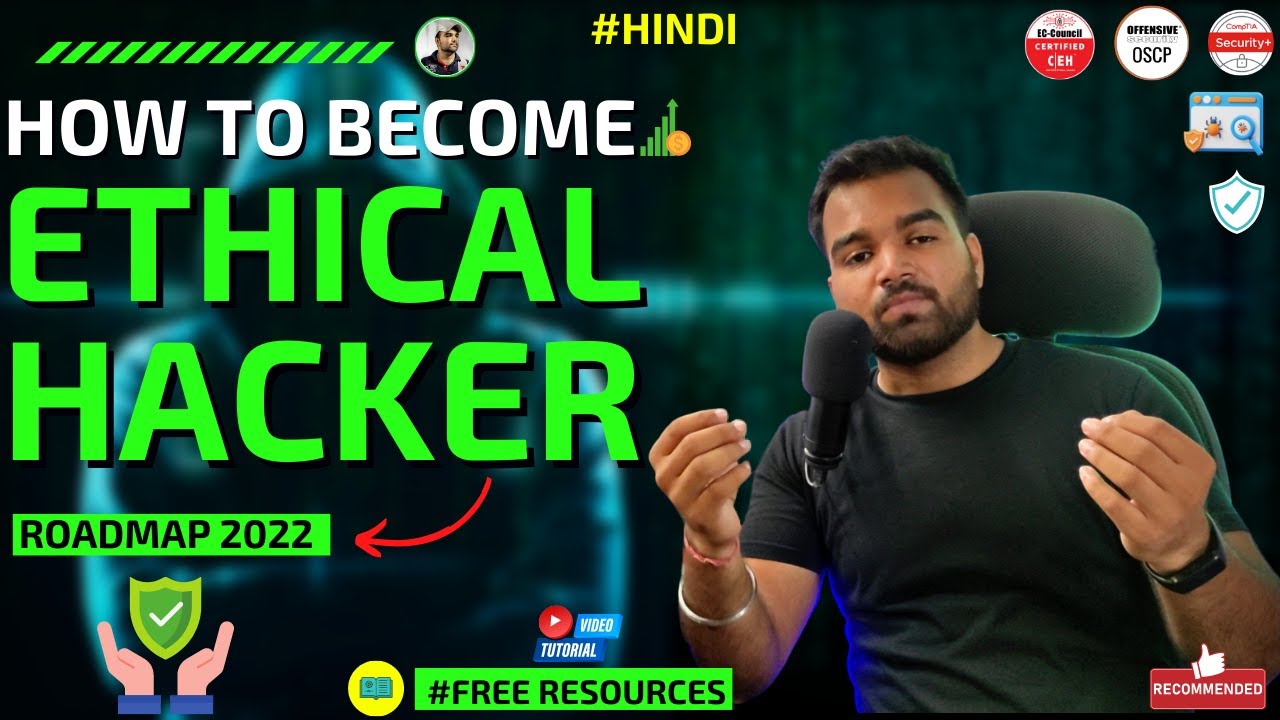The FULL Beginner to Pro Roadmap for Android Development in 2023
Summary
TLDRIn this video, the speaker outlines a practical roadmap for learning Android development from scratch to becoming a professional. Rather than simply watching videos, the speaker emphasizes the importance of hands-on practice by building real-world projects. The guide covers essential topics like Kotlin programming, Android fundamentals, Jetpack Compose, and handling data sources. After grasping the basics, learners are encouraged to create apps and gradually delve into more advanced concepts like architecture patterns. The video also highlights the value of real-world experience through freelancing or mentorship programs.
Takeaways
- 📚 Start by learning Kotlin as it's the main language for Android development.
- 🛠 Master Android fundamentals like UI building, activities, fragments, and notifications.
- 🔍 Learn XML basics for UI design, but focus more on Jetpack Compose, the modern UI framework.
- 🚀 Build a simple app (e.g., a calculator) without focusing too much on architecture to solidify your learning.
- 📂 Understand how to handle data sources and asynchronous programming with coroutines and flows.
- 💾 Learn to interact with local databases using the Room library and build a to-do list app.
- 🌐 Learn to make network requests with Retrofit and build an app that interacts with a remote API.
- 🏗 Focus on building functional apps before worrying about complex architecture patterns.
- 📆 Once comfortable, work on a larger project like a Google Calendar clone to integrate everything you've learned.
- 💼 Consider applying for mentorship programs or working in a team to gain real-world experience and feedback.
Q & A
What is the main goal of this video?
-The main goal of the video is to provide a clear learning path for viewers who want to learn Android development from scratch to a professional level.
Why does the speaker discourage following a traditional roadmap?
-The speaker discourages following a traditional roadmap because it often leads to passive learning, where viewers just watch videos without actually building something. Instead, the speaker emphasizes the importance of hands-on practice and real-world projects.
What does the speaker recommend learning first before diving into Android development?
-The speaker recommends learning Kotlin as the first step since it is the primary programming language used for native Android development.
Why is it important to learn XML even though Jetpack Compose is the future of UI building in Android?
-It's important to learn XML because it is still widely used in the industry and forms the core of many Android UIs. Understanding XML is essential even if you primarily use Jetpack Compose.
What is the speaker's advice after learning the basics of Android development?
-After learning the basics, the speaker advises viewers to start building simple apps without worrying about complex architecture patterns. This helps solidify understanding through practical experience.
What simple app does the speaker suggest building first, and why?
-The speaker suggests building a simple calculator app first because it allows learners to experiment with UI and logic without relying on tutorials, thereby enhancing their learning experience.
How does the speaker suggest handling data persistence in Android apps?
-The speaker suggests using the Room library to handle data persistence, allowing users to save data that remains across app launches and device reboots.
What is the significance of learning Retrofit in Android development?
-Learning Retrofit is significant because it enables developers to interact with remote APIs, which is essential for making network requests and integrating data from external sources into apps.
When does the speaker recommend focusing on learning architecture patterns in Android development?
-The speaker recommends focusing on learning architecture patterns like MVVM or MVI after building a few simple apps. This is important for developing scalable and maintainable apps as projects grow in complexity.
What type of app does the speaker suggest building to consolidate all learned skills?
-The speaker suggests building a Google Calendar-like app to consolidate all learned skills. This app would involve handling events, tasks, reminders, authentication, data synchronization, and offline functionality, which are all critical in real-world Android development.
Outlines

This section is available to paid users only. Please upgrade to access this part.
Upgrade NowMindmap

This section is available to paid users only. Please upgrade to access this part.
Upgrade NowKeywords

This section is available to paid users only. Please upgrade to access this part.
Upgrade NowHighlights

This section is available to paid users only. Please upgrade to access this part.
Upgrade NowTranscripts

This section is available to paid users only. Please upgrade to access this part.
Upgrade NowBrowse More Related Video

Ethical Hackers Roadmap 2022 With Free Resources Hindi | How to become a Ethical Hacker | Career.

how I would learn digital marketing (If I could start over)

How to become a fullstack Python developer !!! 🔥🔥🔥

Passive income Plan: Millionaire Starts Again from Scratch! (NO MONEY)

If I Started Learning the Piano Again - Here’s What I’d Do!

Complete Data Scientist/ML Engineer Roadmap for beginners
5.0 / 5 (0 votes)